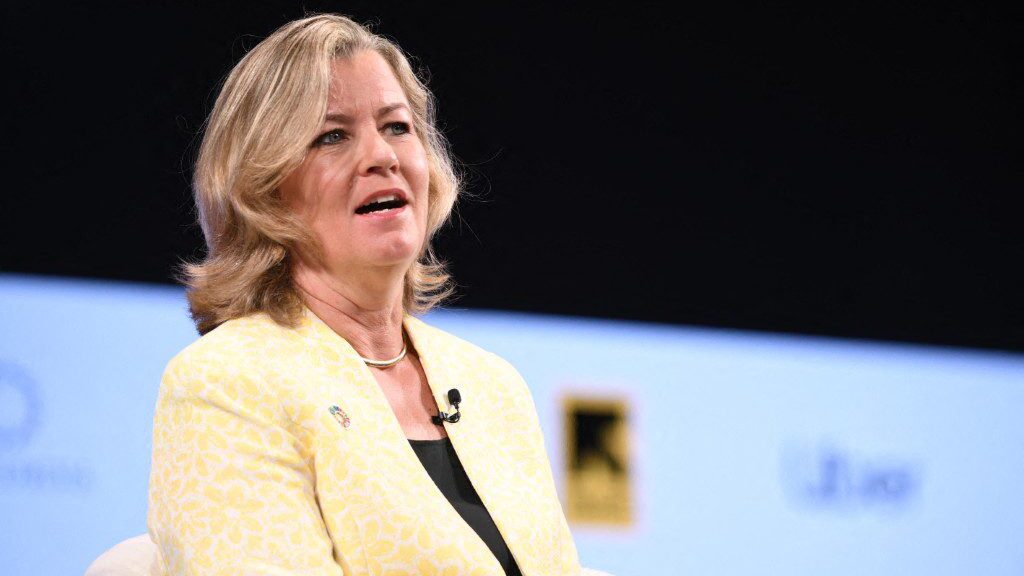
Kelly Clements, United Nations Deputy High Commissioner for Refugees, United Nations Refugee Agency
Photo: Riccardo Savi / GETTY IMAGES NORTH AMERICA / Getty Images via AFP
The United Nations is exerting pressure on Austria, which last year saw the largest percentage increase in asylum applications of any EU member state, to take in additional asylum seekers from across the world.
In an interview with Salzburger Nachrichten published on Wednesday, November 29th, Kelly Clements, the UN Deputy High Commissioner for Refugees, leveled criticism against the Austrian government—which is dealing with a litany of cultural and economic problems associated with the migrants and asylum seekers—for its decision to suspend its participation in the UNHCR’s resettlement program.
“Of course we want Austria to offer a resettlement program again,” Clements told the newspaper, highlighting that, presently, there are fewer than 60,000 places available for some two million people who are neither able to remain in their current location nor have the option to return home voluntarily and safely.
In 2018, the Austrian government, led by then-chancellor Sebastian Kurz (ÖVP) joined states like the U.S., Hungary, the Czech Republic, Poland, Estonia, Italy, Israel, Slovakia, Latvia, and Switzerland in pulling out of the United Nations Global Compact for Safe, Orderly and Regular Migration. The same year, Austria suspended its participation in the UNHCR’s resettlement program.
Clements added that approximately 70% of global refugees live near their homes or in neighboring countries. “Nine out of ten refugees live in a country with low incomes,” she said, suggesting that it is crucial to focus on supporting the countries that first receive refugees, not the destination countries.
“Some frontline EU states feel they are contributing more than others. If there was an approach to sharing responsibility, there wouldn’t be such pressure,” she said, referring to the planned reform of the EU Pact for Migration and Asylum, which if adopted, would force member states to take in asylum seekers or face heavy fines.
Member states like Poland, the Czech Republic, Slovakia, and Hungary have categorically rejected the EU’s planned compulsory redistribution scheme.
Austria currently hosts the highest number of refugees and asylum seekers in the European Union relative to its population with 34.8 per 1,000 inhabitants.
The Freedom Party of Austria (FPÖ), the only party that has long maintained a hardline, anti-mass migration policy, is by far the country’s most popular party, commanding the support of 1/3 of the population at least in part due to the stress migration, legal and illegal, has placed on Austria society,
